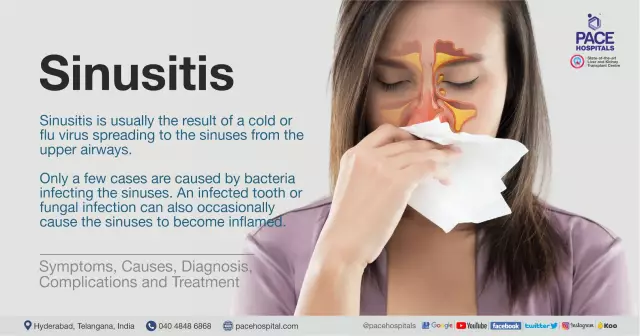- Author Curtis Blomfield blomfield@medicinehelpful.com.
- Public 2023-12-16 20:44.
- Last modified 2025-01-23 17:01.
A viral disease caused by ixodid ticks and causing damage to the nervous system (both central and peripheral) is tick-borne encephalitis. The symptoms of the disease depend on its form, but if it is not treated in time, serious complications are inevitable, which ultimately leads to paralysis or death.
Ixodid ticks live in temperate areas in forest areas. Tick-borne encephalitis develops most often after the bite of a taiga tick, common in Asia, or a European forest tick. The disease is seasonal. Infection occurs in spring and summer, when the activity of infectious agents increases exorbitantly. The virus enters the body directly at the time of the bite and subsequent blood sucking, as well as when drinking raw milk obtained from a sick cow.

Tick-borne encephalitis symptoms
The incubation period can last from one to two weeks. At the initial stages, the patient experiences weakness in the muscles, a significant increase in temperature, nausea, chills, and sleep disturbances. Then the symptoms of tickencephalitis are supplemented by hyperemia of the chest, face, neck, pain in the muscles and limbs increases, a feeling of deafness appears, loss of consciousness may occur. As the disease progresses, the condition becomes close to a coma.
Forms of tick-borne encephalitis
In medicine, there are five forms of the disease, each of them is characterized by its own leading syndrome. The febrile form probably has the most favorable course and is distinguished by a quick recovery, provided that the victim is vaccinated in time. The fever lasts three to five days, accompanied by weakness, nausea, and headaches.

The most common infectious process occurs in the meningeal form. Symptoms of tick-borne encephalitis in this case are manifested by severe dizziness, powerful headaches, eye damage, vomiting, lethargy and lethargy. Such unpleasant phenomena persist throughout the treatment period. A lot of protein is found in the CSF samples taken for research.
The meningoencephalic form of the disease is extremely severe. The patient has hallucinations, psychomotor agitation, delirium, epileptic seizures, loss of spatial orientation. There is a rapid development of paresis, myoclonus, cerebellar syndrome. If tick-borne encephalitis affects the autonomic centers, gastric bleeding syndrome occurs, accompanied by profuse vomiting with blood.
The polio form of the disease is often diagnosed. sick people complain aboutsudden appearance of weakness in the limbs, general malaise. Paresis of the neck and shoulders may develop. The symptoms of tick-borne encephalitis progress rapidly, and by the end of 2-3 weeks, if they are not vaccinated on time, muscle atrophy develops.
The last form of the disease - polyradiculoneuritis - is manifested by damage to the nerves and peripheral roots, flaccid paralysis of the lower extremities with the likelihood of spreading to the trunk and arms, sensitivity disorder.

First Aid
If there is a suspicion of tick-borne encephalitis, a person is hospitalized in the infectious diseases department. The patient is prescribed a strict diet, as the virus causes disruption of the intestines, stomach, and liver. Homologous gamma globulin is administered intramuscularly once a day.
Tick-borne encephalitis prevention
Do not forget about elementary caution when going out into nature. To protect yourself from tick bites, wear clothes that cover your legs and arms, and be sure to use repellents. The most effective way to protect yourself from the virus is vaccination.






